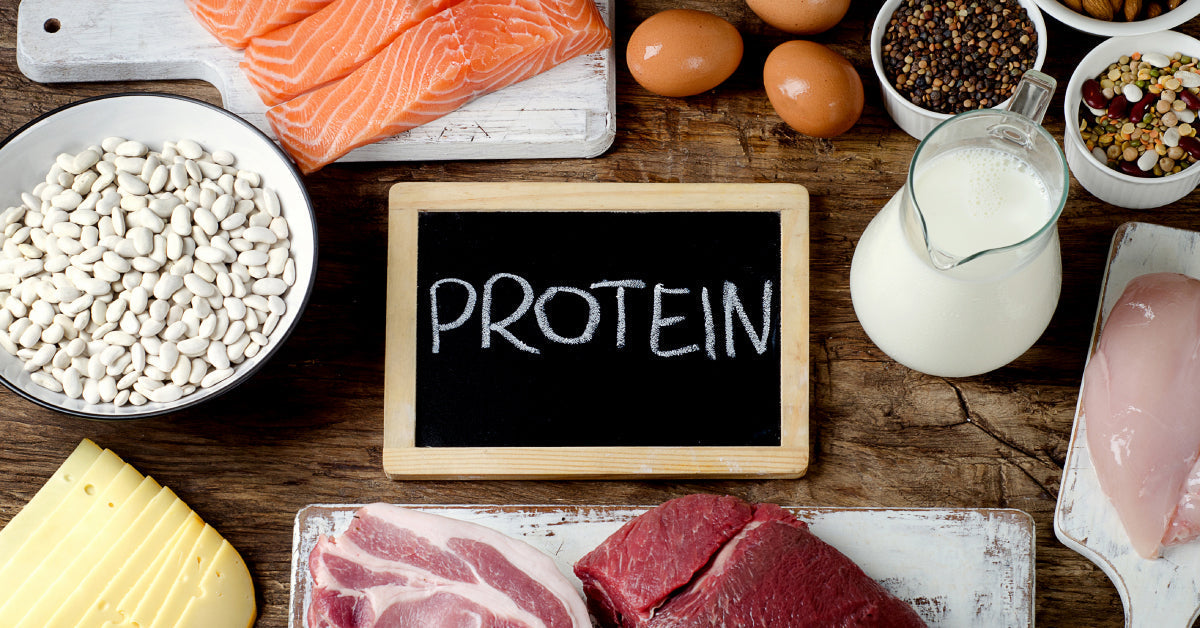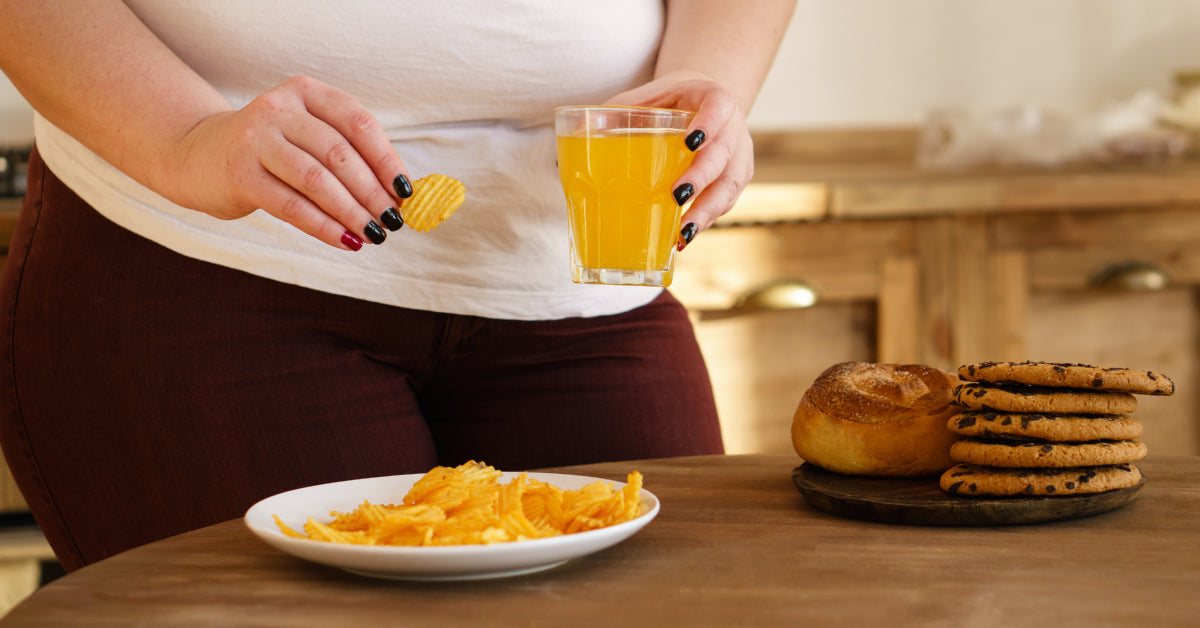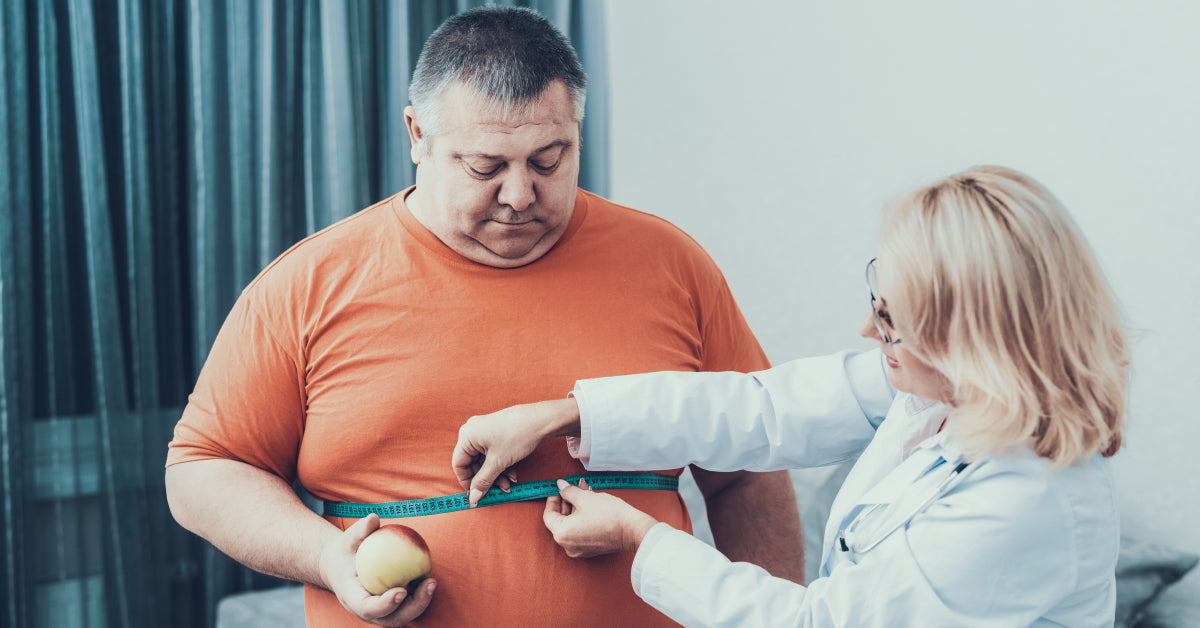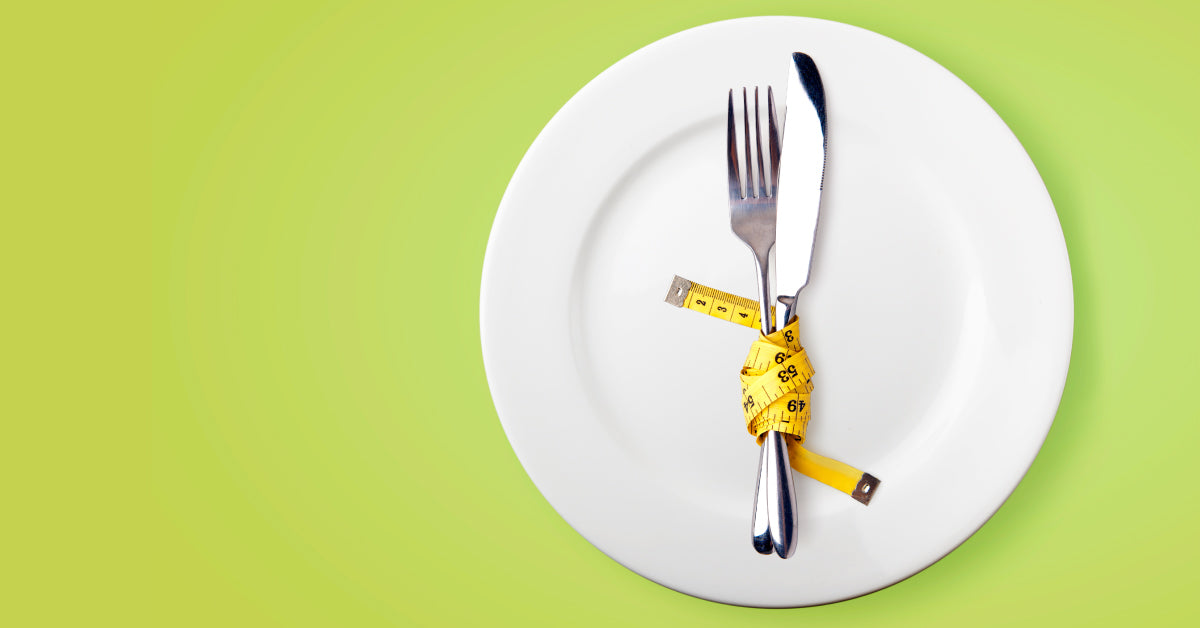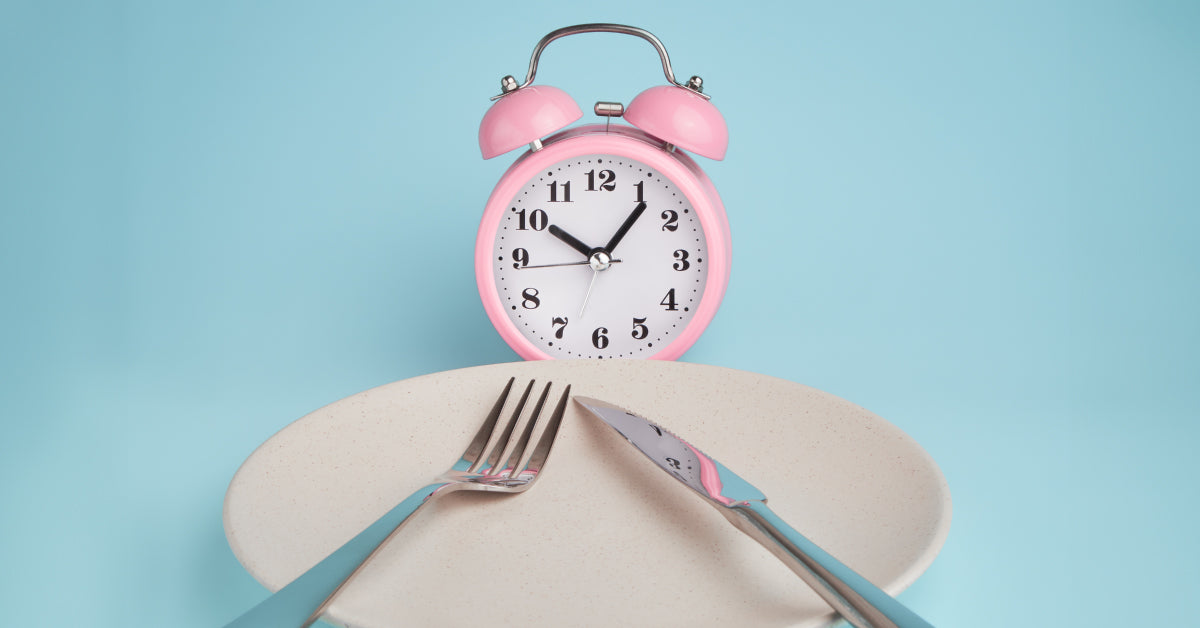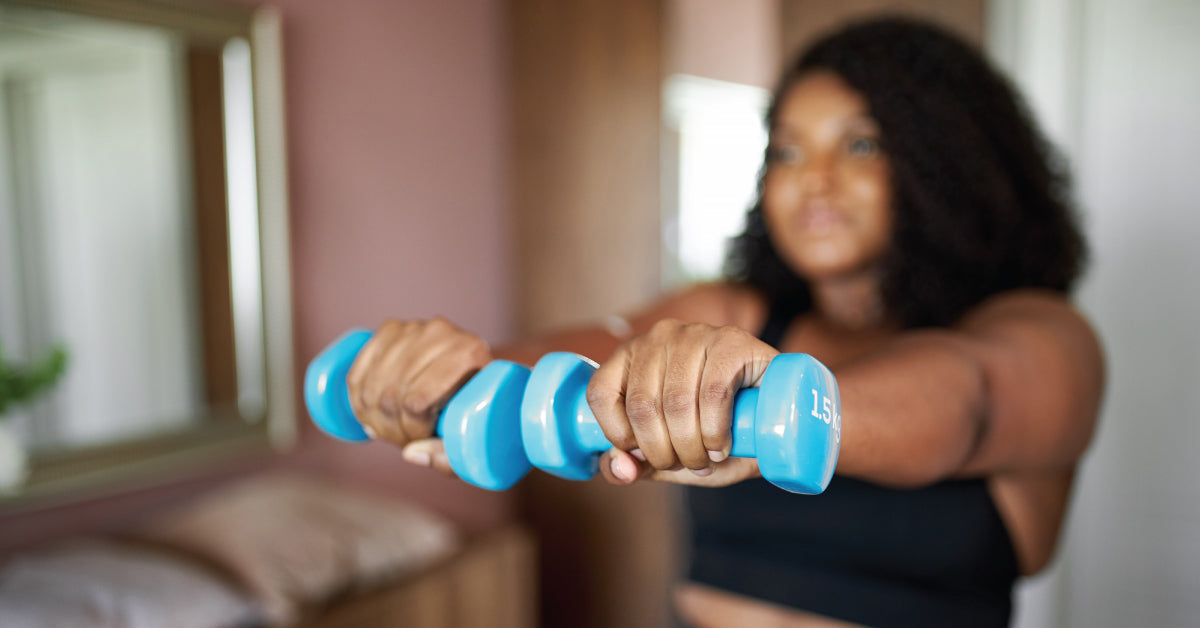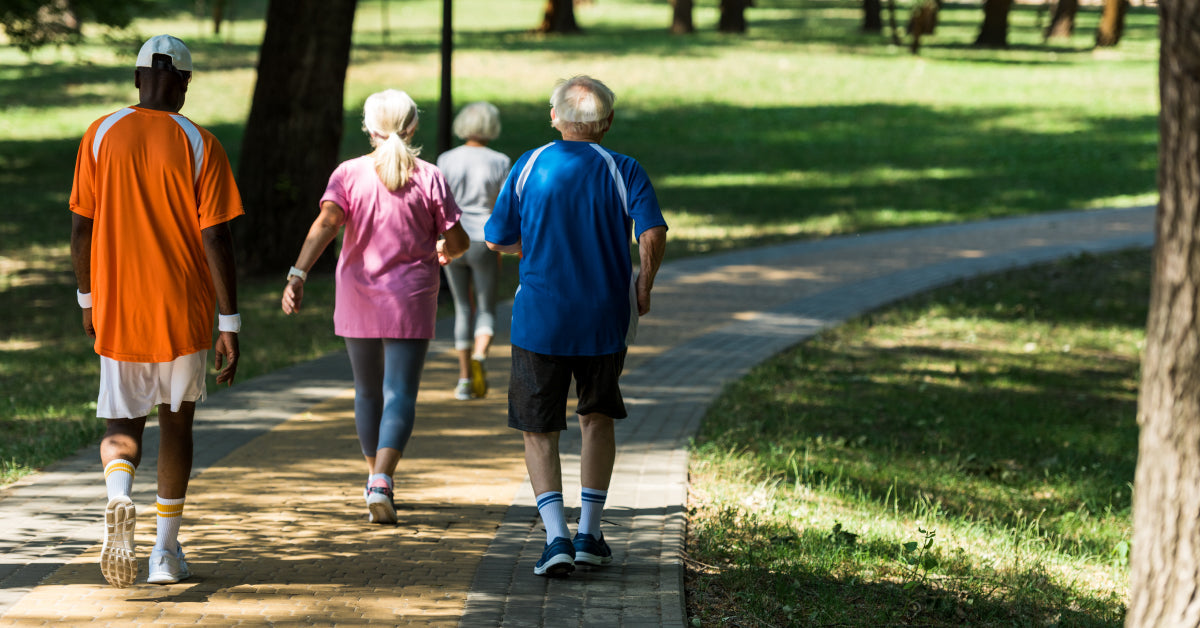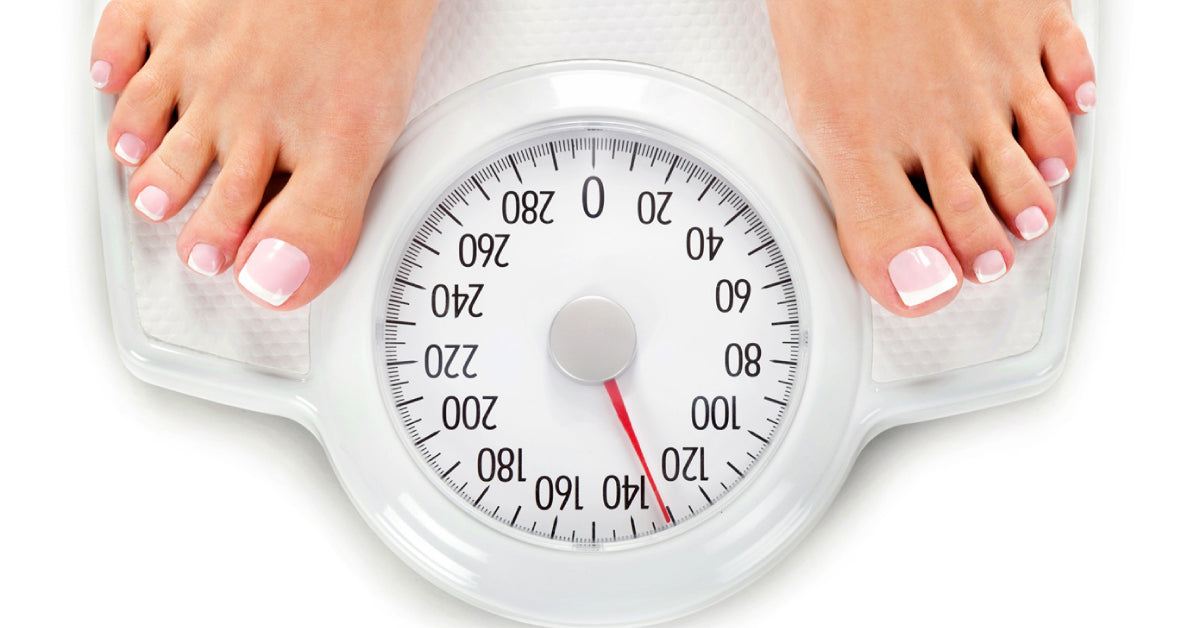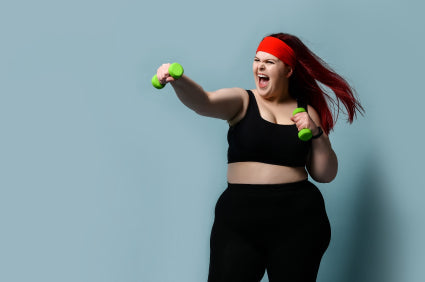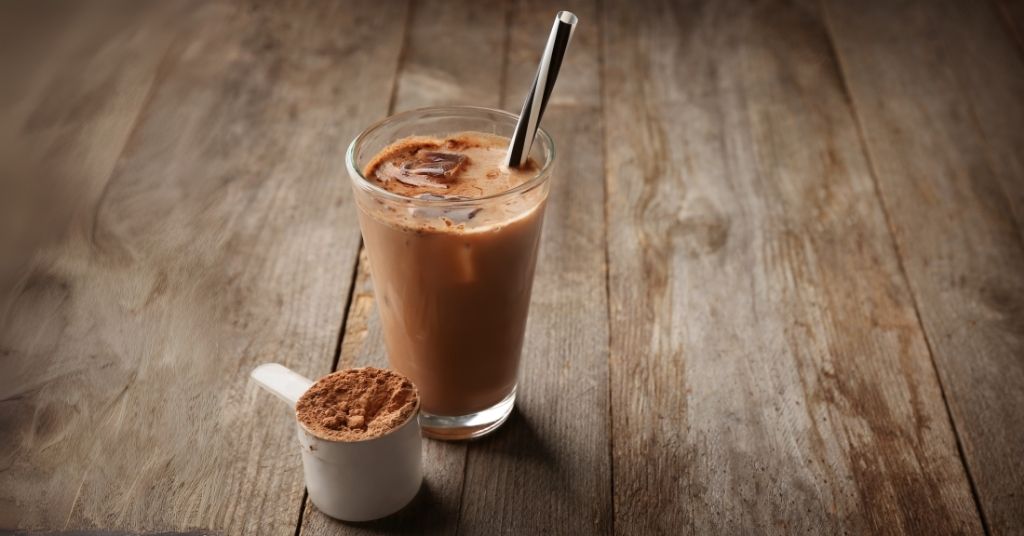Learn more about when and what to eat for optimal weight loss.
Should I stop eating solids five hours before going to bed, as some advisors recommend?
Traditional wisdom suggests avoiding heavy meals close to bedtime to prevent digestive discomfort, weight gain, and potential disruptions in sleep. However, recent research indicates that the relationship between meal timing and sleep quality is more complex.
Snacks at Nighttime can be Healthy.
Contrary to popular belief, certain foods consumed before bedtime may actually promote better sleep. Quality sleep is crucial for weight loss. Should you be sleep-deprived, your body will crave sleep during the daytime, and unknowingly you will try to replace the loss of rest and energy with food.
Foods rich in tryptophan, enhance the production of serotonin and melatonin, which are neurotransmitters but are also involved in regulating sleep.
Some common sources of tryptophan are oats, bananas, dried prunes, milk, tuna fish, cheese, bread, chicken, turkey, peanuts, eggs, pumpkin and sesame seeds, and chocolate.
The assumption that Eating Late at Night equals Weight Gain is a Myth
Calories consumed at bedtime won’t change your metabolism or count more, than calories consumed during the day. All undigested calories will eventually be stored as fat.
Weight gain is determined by the total number of calories consumed during the day versus the calories burned throughout the day, regardless of the time of day you are eating them.
Focus on overall calorie intake and portion control rather than restricting eating times. Your total calorie intake should balance your daily activities.
Do not go to bed while hungry.
Sleeping on an empty stomach could lead to a big food binge in the morning, peaking your blood sugar to unhealthy levels and throwing your metabolism for a loop for the rest of the next day. Rather take a healthy snack before bedtime.
A small, balanced snack before bedtime may prevent hunger-induced awakenings during the night. So, prevent going to bed feeling hungry.
Metabolic Impact
Concerns about eating before bedtime often revolve around its potential impact on metabolism and weight gain. While it’s true that consuming excess calories late at night can contribute to weight gain, the overall caloric intake throughout the day matters more than the timing of specific meals.
Moreover, some studies suggest that eating a protein-rich snack before bedtime can actually boost metabolism and promote muscle repair during sleep.
Which bedtime snacks are best for weight control?
Try one of the following healthful snacks before bed to help manage blood sugar levels and satisfy nighttime hunger:
- A handful of nuts.
- A hard-boiled egg.
- Low-fat cheese and whole-wheat crackers.
- Peanut butter.
- Vegetables and hummus.
- Baby carrots, cherry tomatoes, or cucumber slices.
- Celery sticks with hummus.
- Air-popped popcorn.
- Roasted chickpeas.
- Glass of warm milk with honey
- Avocado with whole wheat toast.
- Greek yogurt with berries.
- A protein-rich shake.
Challenges associated with Eating a Big Meal before bedtime.
Eating a big meal before bed can have symptoms like:
Heartburn
Even if you don’t normally deal with indigestion problems during the day, if you eat a lot (especially spicy foods) and immediately get in bed, laying down could cause acid reflux. The gastric acid secretion can cause oesophageal irritation.
Insomnia
Eating a heavy meal, like a piece of steak, just before bedtime, will keep your digestive system busy for a while. Sensitive sleepers could be kept awake until their food is digested. For instance, biltong will need a longer digestion time.
Elevated Blood sugar levels
Should you have diabetes; a big meal just before sleeping can cause blood sugar levels to spike during the night. A protein-rich snack -as mentioned above- will be a better choice.
By adopting mindful eating practices and paying attention to your individual needs, you can strike a balance that promotes both nutritional well-being and restful sleep.
Take away
Eating healthy snacks before bedtime can help you control your blood sugar, sleep better, and ultimately facilitate weight management.












































































































